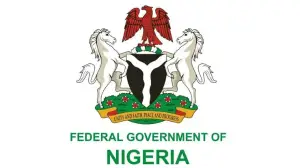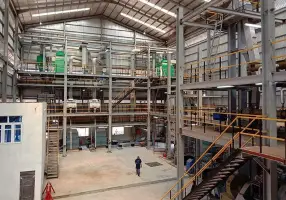The Niger Delta Power Holding Company (NDPHC) has disclosed that approximately 2,000 megawatts of electricity generation capacity is currently stranded due to a staggering N600 billion debt owed by Nigeria Bulk Electricity Trading (NBET) and other bilateral entities.
This revelation was made by NDPHC Managing Director, Jennifer Adighije, in a statement released through her Technical Adviser on Media, Adesanya Adejokun.
According to Adighije, the country's Integrated Power Project plants managed by NDPHC are experiencing significant setbacks due to inadequate monetization, transmission constraints, gas supply challenges, and dwindling offtake by distribution companies.
"NDPHC currently has a mechanically available generation capacity of about 2,000 MW that is significantly stranded due to transmission constraints, gas supply, and gas transportation limitations in addition to dwindling offtake by the distribution companies," she stated.
Despite these challenges, the NDPHC management highlighted their efforts to improve power generation. The company has successfully rehabilitated five turbine units across multiple power plants including Calabar, Omotosho, Sapele, and Ihovbor, which were previously offline. These rehabilitated units now contribute an additional 625 megawatts to the national grid.
The massive debt burden of nearly N600 billion represents a significant obstacle to Nigeria's power sector development, particularly as the country continues to struggle with electricity supply challenges that affect both residential consumers and businesses.
This situation highlights the ongoing financial viability issues within Nigeria's electricity value chain, where generation companies often face difficulties recovering payments for power supplied to the national grid.
The NDPHC's disclosure comes at a time when Nigeria is working to increase its power generation capacity to meet growing demand and support economic development across various sectors.













